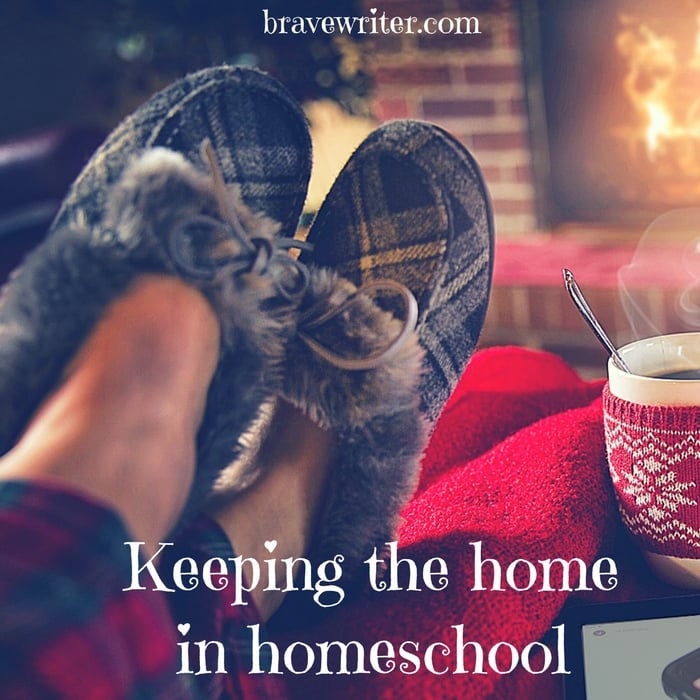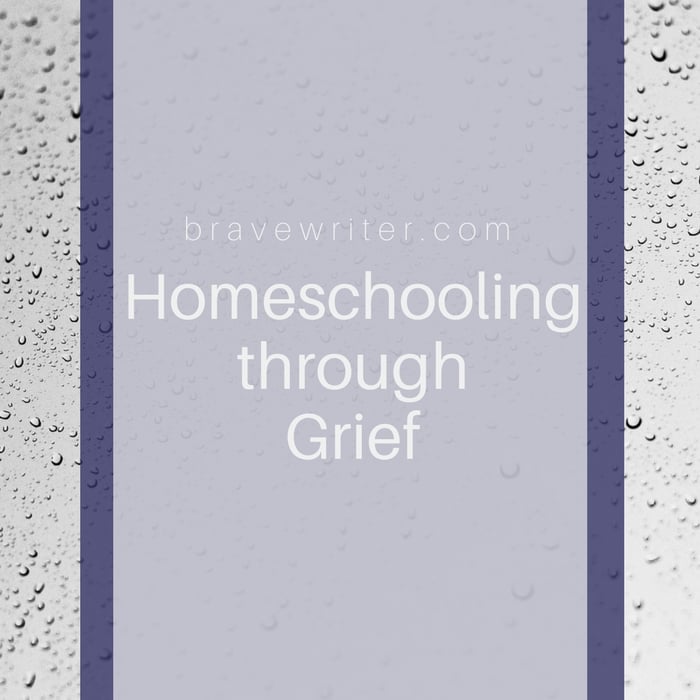Freewrite prompt: What is the best birthday present you could receive?
I’m out of town for the weekend to go to the Indiana Homeschool Support Convention. I’ll be in New Paris, IN.
On Monday, we have our Spring Class Registration. Be sure to sign up early, if you are concerned about getting into a class. We filled every one in winter quarter and some were filled within days of registration opening. We’ll keep registration open until a class fills.
Last thing: keep trucking! I’m getting a lot of email lately from moms worried about teens who are late in developing their writing skills. Not to worry! If you start over (take me seriously on this – go back to the very beginning, a very good place to start), you’ll find that your smart teen who is simply a damaged writer, will rebound and develop at a much faster rate than your younger kids. You can start at age 16 and get all the way to college prep by 18 if you address the fact that your teen has been damaged by the programs you’ve used to date. If you take his or her writing voice seriously, you can re-boot the system and help your teen unclog the passage through which his or her words will flow.
Start with Kidswrite Basic. It will change how both of you see writing and will put you in the right space to be that coach and ally for the rest of your teen’s academic career at home.
I’ll check in over the weekend, if I can get some computer access. Have a great Spring Forward (clocks change on Saturday night!). Hurray for sunshine and temps over 60!























